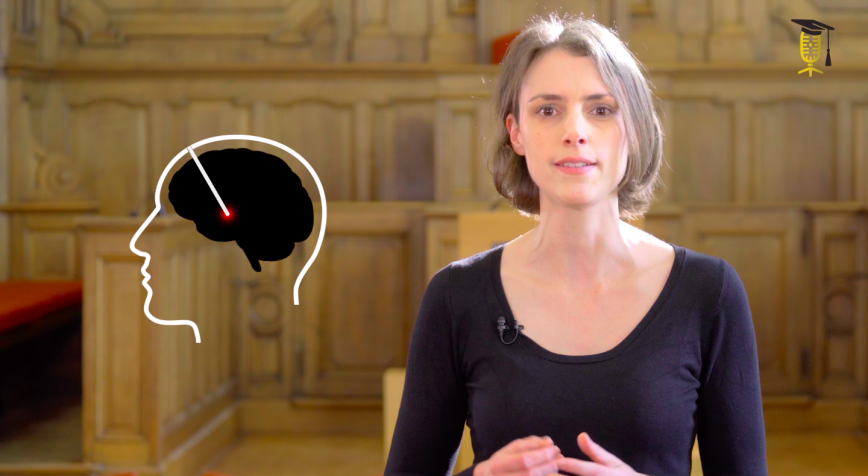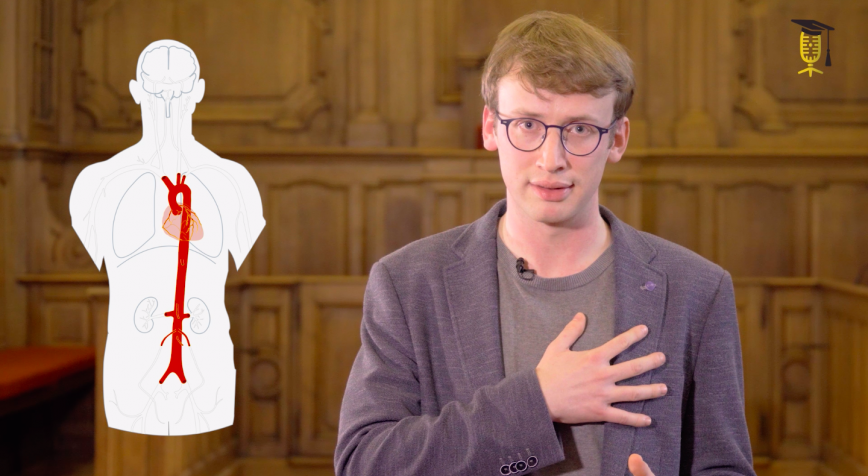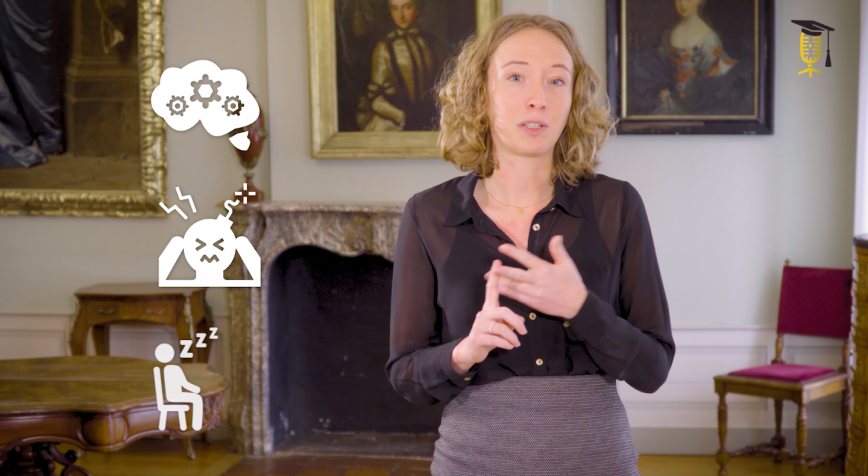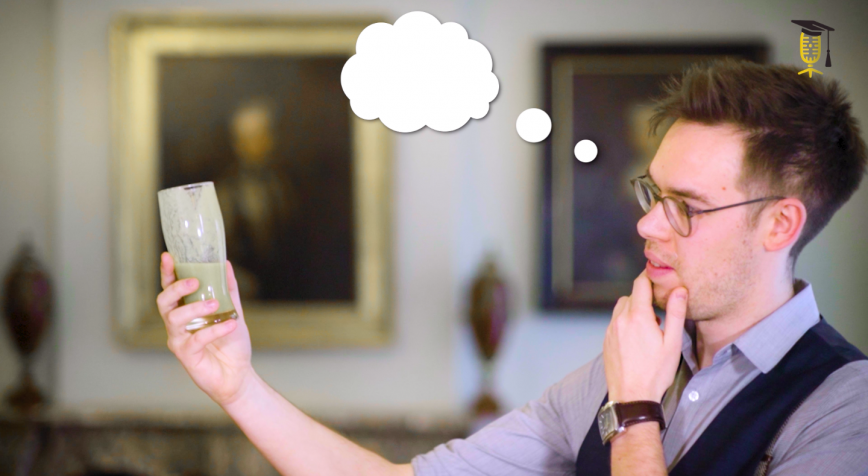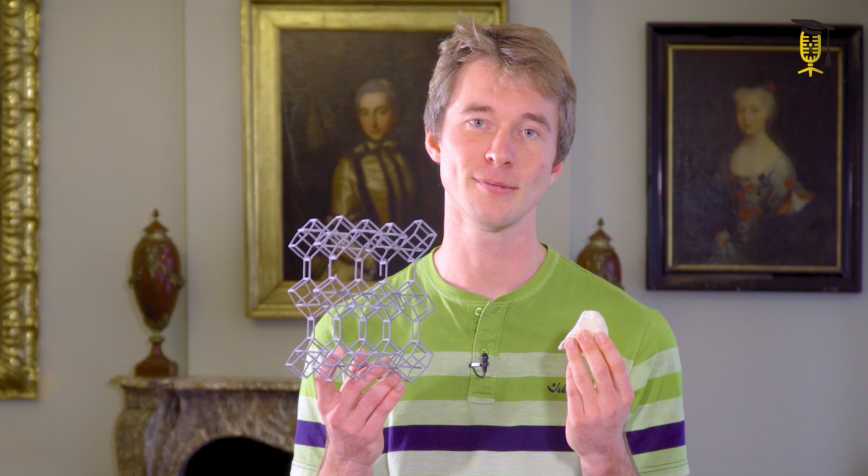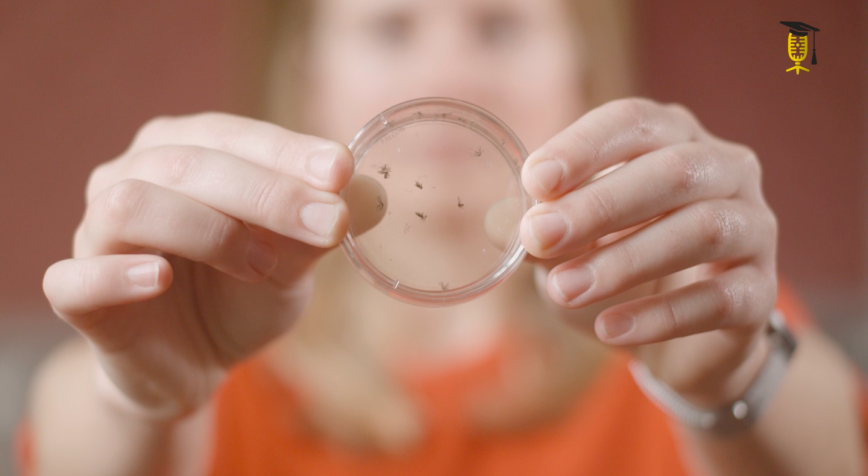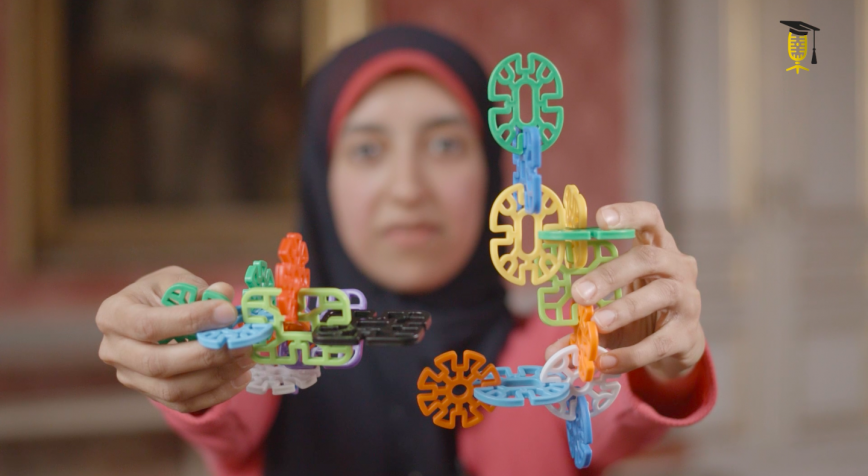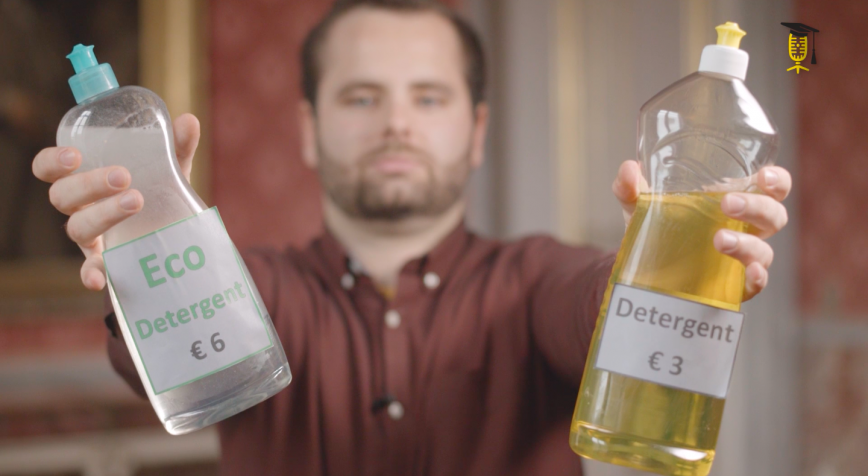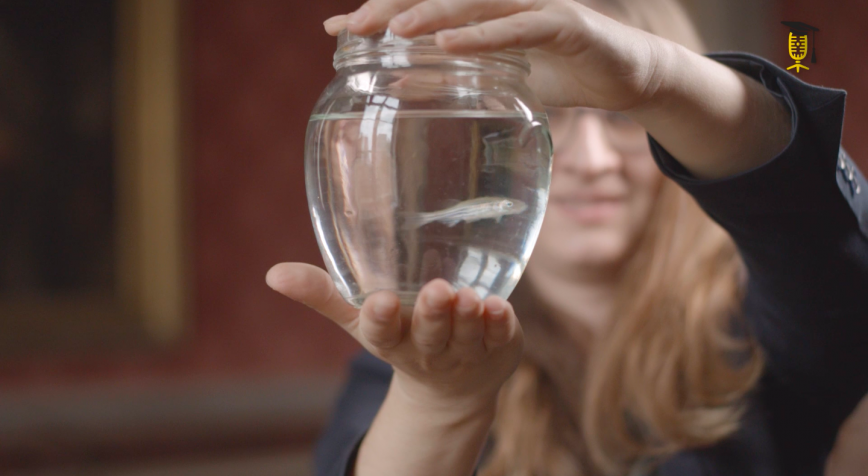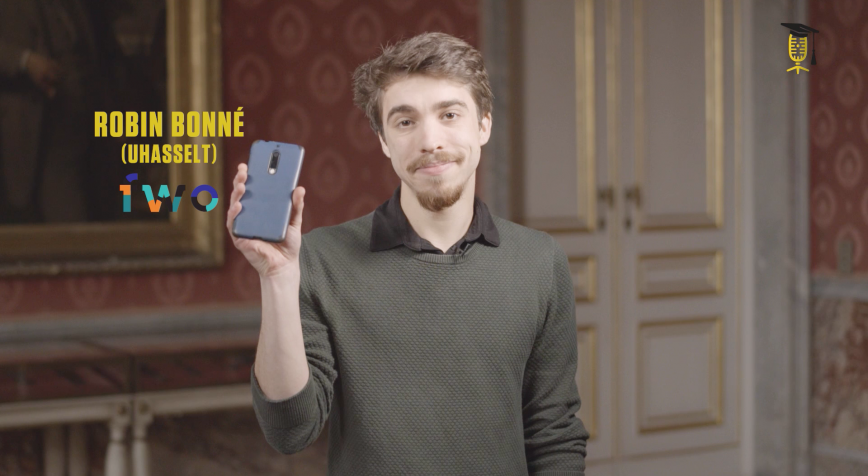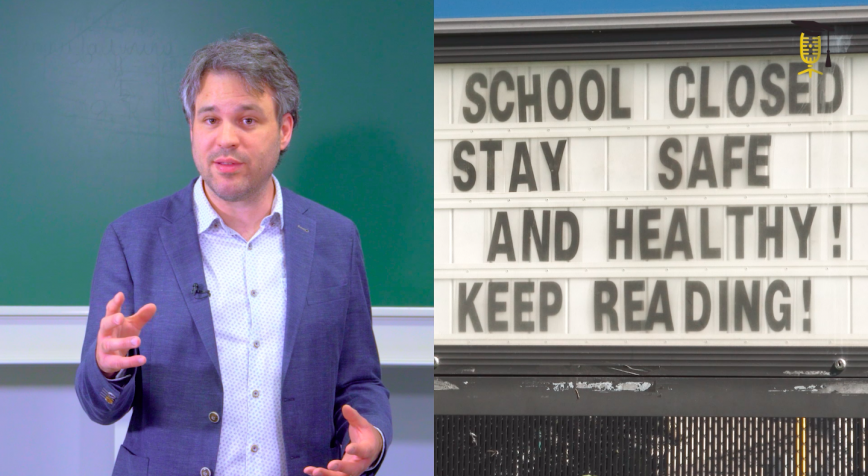
FWO
VUB
Keeping epidemics under control thanks to artificial intelligence
The current corona crisis is having a huge impact on our lives. Artificial intelligence can help keep such a pandemic better under control, with less drastic measures and thus a more limited impact on our social lives. Pieter Libin explains how this works in this video.
